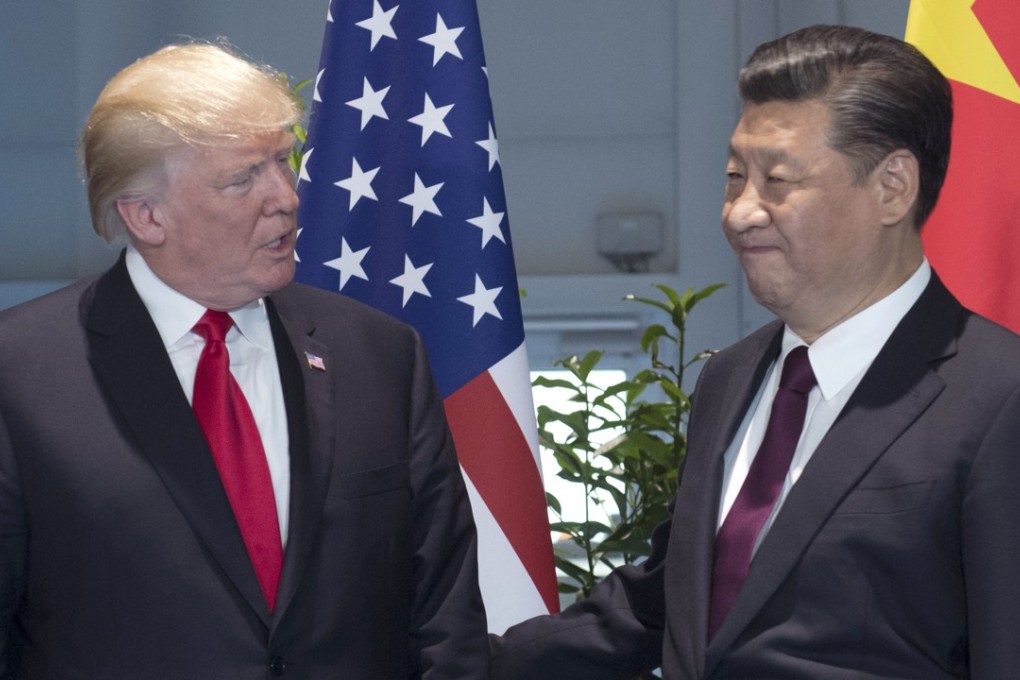Donald Trump to ‘pressure Xi Jinping at summit over forced tech transfer’

US President Donald Trump is likely to put on pressure on Xi Jinping to address the issue of forced technology transfers affecting foreign businesses during his visit to China this month, according to an influential business representative.
Jacob Parker, vice-president of China operations at the US-China Business Council, said the US probe into China’s intellectual property practices was “on the radar” for Trump’s China trip next week and it will offer a chance to talk directly with President Xi about the issue.
The Trump administration launched a probe in August into alleged Chinese intellectual property theft. It could result in Trump imposing punitive tariffs or sanctions on China within a year.
The investigation, which focuses on forced technology transfer and intellectual property violations in China, came after an impasse at the China-US Comprehensive Economic Dialogue in July, accelerating trade tension which many worry may lead to a trade war.
“The Section 301 investigation is definitely on the radar of President Trump during his visit to China,” said Parker. “I am positive that President Trump will have the outcome of the investigation to share with President Xi.”